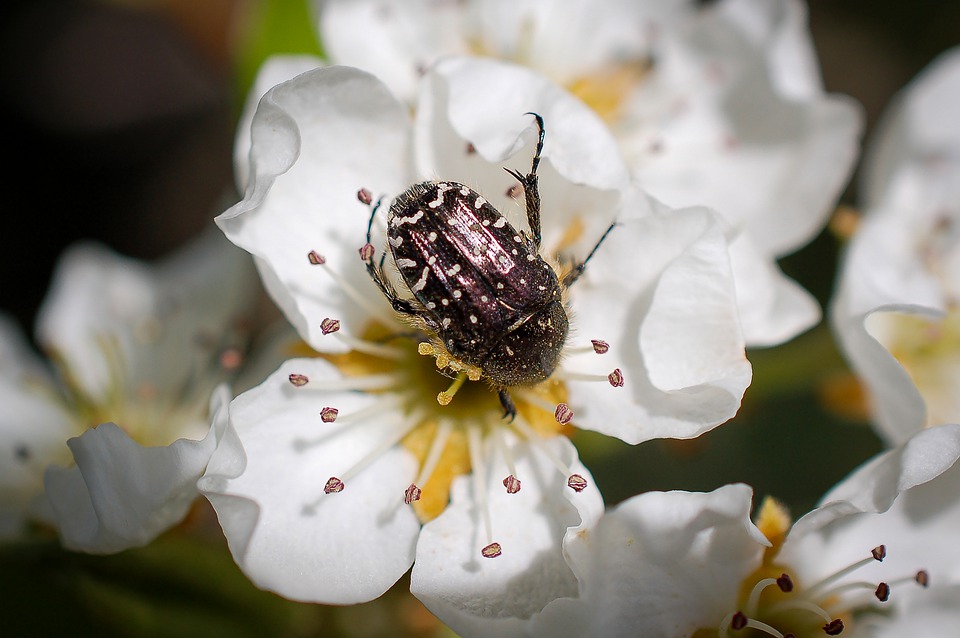As the sun lights up the great outdoors and nature beckons, many of us can’t resist diving into the wilderness—whether it’s hiking, camping, picnicking, or simply lounging in our backyards. But with the joys of nature come unwanted guests: bugs! Mosquitoes, ticks, and other pests can turn a pleasant adventure into a miserable experience. That’s where bug sprays come into play. With a myriad of options available, it’s crucial to know which ones deliver effective protection. In this article, we’ll explore some of the most effective bug sprays on the market, arming you with knowledge to conquer the outdoors with confidence.
Understanding Bug Sprays
Before delving into the best products, it’s essential to understand how bug sprays work. Most insect repellents contain active ingredients that interfere with the insect’s ability to locate and land on humans. The two primary categories of bug repellent ingredients are chemical repellents and natural or botanical alternatives.
Chemical Repellents
These repellents are often more effective and longer-lasting, making them a popular choice for outdoor enthusiasts venturing into heavily infested areas.
-
DEET: One of the most well-known insect repellent ingredients, DEET, provides effective protection against mosquitoes, ticks, and other biting insects. Products with DEET typically offer long-lasting protection, up to several hours depending on concentration. A high DEET content (30-50%) can be used for situations requiring extended outdoor exposure.
-
Picaridin: An alternative to DEET, Picaridin has gained popularity due to its less oily texture and less pungent smell. It’s effective against mosquitoes and ticks and offers similar protection to DEET (around 20% concentration is recommended).
- IR3535: This lesser-known ingredient is another effective option, particularly against mosquitoes. Products with IR3535 can provide protection for several hours, making it a solid choice for family-oriented outdoor activities.
Natural Repellents
For those looking for a more eco-friendly or skin-sensitive alternative, several options exist. While they may not provide as long-lasting protection as chemical repellents, they can still help in less severe insect situations.
-
Oil of Lemon Eucalyptus (OLE): This natural ingredient is effective and recognized by the CDC as a viable option against mosquitoes. While it may require more frequent reapplication, it has a pleasant scent and is effective at repelling many insects.
-
LAVENDER & CITRONELLA: Both safety-oriented and fragrant, these essential oils have been used for centuries to repel insects. Citronella, in particular, is famous for its use in candles, while lavender oil can be blended with carrier oils for topical application.
- Soybean Oil: A less common but effective natural choice, soybean oil-based repellents can provide moderate protection against mosquitoes and are a safer option especially for kids and pets.
Top Bug Sprays on the Market
Now that you understand the different types of bug repellents, here’s a roundup of some of the most effective products available:
-
OFF! Deep Woods (DEET): With a high concentration of DEET, this is ideal for serious outdoor aficionados hiking in heavily infested areas. It provides long-lasting protection against mosquitoes and ticks.
-
Sawyer Products Premium Permethrin: While not a direct skin application, this clothing treatment kills and repels bugs and is perfect for protecting gear, camping equipment, or clothing for long hikes.
-
Repel Plant-Based Lemon Eucalyptus Oil: A standout in the natural category, this product provides strong protection against mosquitoes with a refreshing scent, making it a favorite for outdoor gatherings.
-
Natrapel 12-Hour Insect Repellent (Picaridin): Known for its long-lasting effects and low odor, Natrapel is a reliable pick for those who prioritize effectiveness without the strong smell of typical repellents.
- HydraBug Natural Bug Spray: This product combines various essential oils blended into a pleasant, serviceable repellent that is non-toxic and kid-friendly.
Tips for Effective Use
Using bug spray effectively can enhance your outdoor experience and keep insects at bay. Here are some tips:
- Apply Before Exposure: Put on bug spray before heading outside—don’t wait until the bugs start biting.
- Reapply Regularly: Always follow the manufacturer’s instructions regarding how often to reapply, particularly after sweating or swimming.
- Cover Exposed Skin: Bug sprays work best when applied to bare skin. Wear long sleeves and pants whenever feasible to provide extra protection.
- Combine Methods: For optimal protection, consider using insect repellent in conjunction with other preventative measures, such as wearing protective clothing or using physical barriers like screens and insect nets.
Conclusion
Conquering the outdoors should not come at the mercy of pesky insects. By arming yourself with the right bug spray and understanding how to use it effectively, you can enjoy all that nature offers without the annoyance of bug bites. Whether you go for chemical or natural repellents, make sure to select a product that suits your outdoor activity level and personal preferences. So next time you step into nature, do so confidently—bug-free and ready for adventure!
